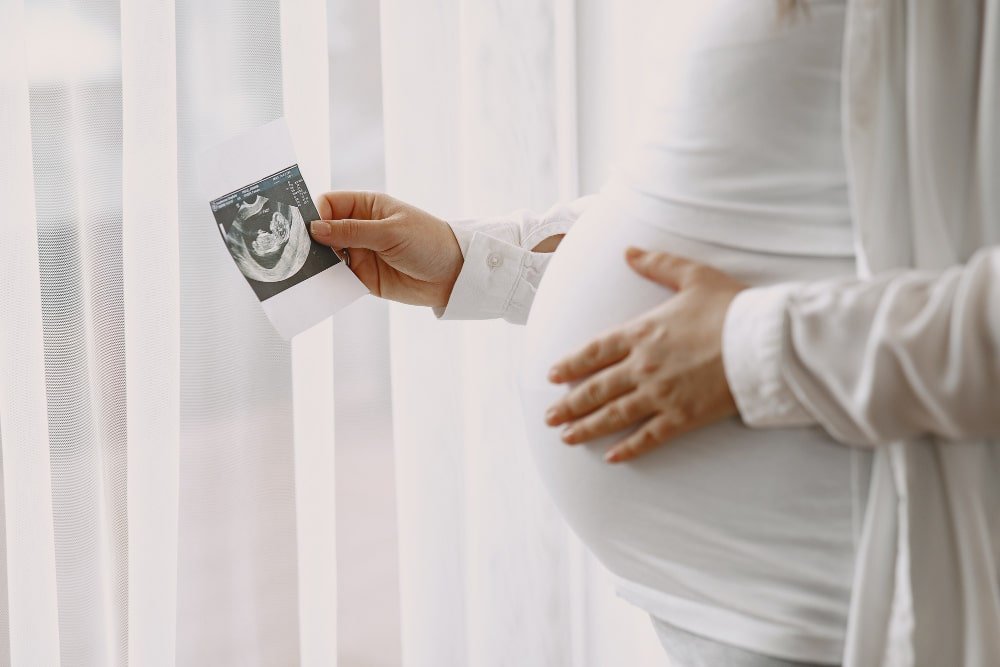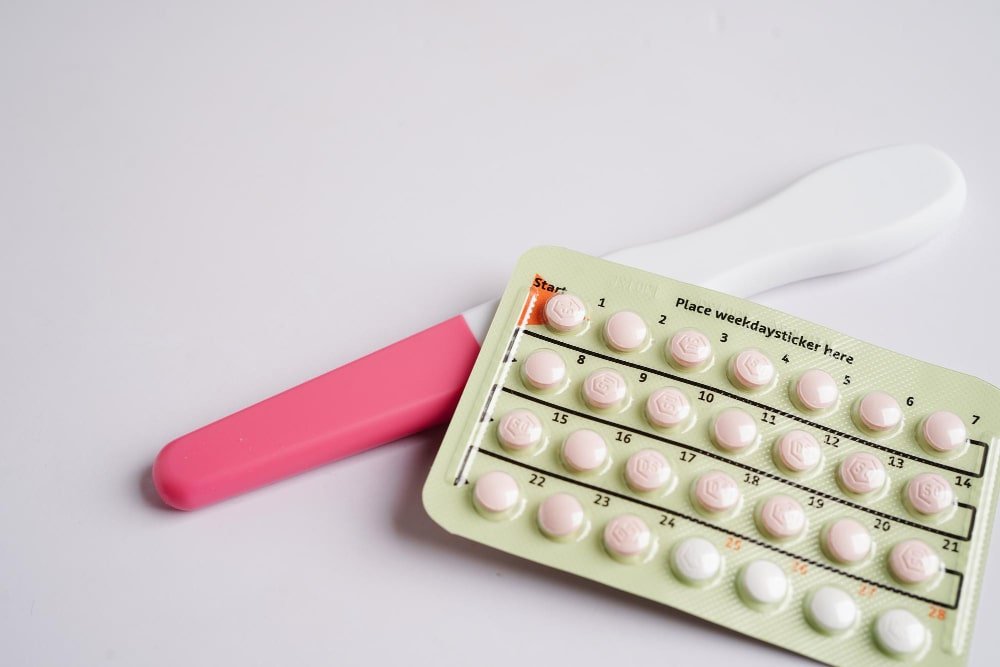Table of Contents
Oral contraceptives—commonly known as birth control pills—are taken by mouth and exist in two major types:
- Combined pills containing synthetic estrogen and progestin
- Progestin-only (mini‑pills)
These pills prevent pregnancy by inhibiting ovulation, thickening cervical mucus, and thinning the uterine lining. When taken correctly, their effectiveness is exceptionally high Reddit+15Verywell Health+15Glamour+15Verywell Health.
Effectiveness: Ideal Use vs. Real-World Use
| Pill Type | Perfect‑Use Failure Rate | Typical‑Use Failure Rate |
|---|---|---|
| Combined pill | ~0.3% | ~7–9% |
| Progestin-only pill | ~0.3% | ~7–9% |
- Perfect use assumes you take a pill every day at the same time without fail.
- Typical use reflects real-life use: missed doses, delays, or absorption issues Wikipedia+12Drugs.com+12Wikipedia+12Wikipedia+1Verywell Health+1.
Thus, while perfect use translates to nearly 99% effectiveness, mistakes or inconsistencies drop it to around a 91–93% success rate Wikipedia+1Reddit+1.
Why Pregnancy Can Still Happen
Several factors can reduce pill effectiveness:
- Missing Doses or Taking Late
Skipping a pill or taking it more than ~24 hours late may allow hormone levels to dip, triggering ovulation. That’s why a single missed dose can increase pregnancy risk significantly Wikipedia+15Wikipedia+15Parents+15. - Vomiting or Diarrhea
If you vomit shortly after taking a pill—or suffer from severe diarrhea—the medication may not be absorbed. Studies show that around 35% of pill failures happen in association with nausea/vomiting and 23% with antibiotic use or malabsorption issues PubMed. - Drug Interactions
Most antibiotics won’t affect pill efficiency—but rifampin and rifabutin (used for TB and some infections) are strong enzyme inducers and may reduce hormone levels by 30–80%, increasing ovulation risk significantly SELF+2PubMed Central+2jpabs.org+2.
Other enzyme-inducing drugs include anti‑seizure medications, certain antivirals, and the herbal supplement St. John’s Wort PubMed CentralWePrescribe. - Inconsistent Timing with Mini-Pills
Progestin-only pills offer no margin for error—taking them just 3 hours late often requires using backup contraception for 48 hours PubMed+7WePrescribe+7Verywell Health+7.
What Happens if Pregnancy Occurs?

Safety of Pills During Early Pregnancy
If pregnancy occurs while on the pill, there’s no strong evidence linking it to birth defects or miscarriage. The FDA confirms no demonstrated fetal harm from early pill use. However, continuing the pill once pregnancy is confirmed is not recommended Verywell HealthMayo Clinic.
Risk of Ectopic Pregnancy
Women on progestin-only pills who become pregnant may have a slightly increased risk of ectopic pregnancy compared to those on combined pills or no contraception. Yet overall, oral contraceptives do reduce the risk of ectopic pregnancy compared to being unprotected Verywell Health.
If you suspect pregnancy (e.g. positive home test), stop the pill immediately and use barrier methods like condoms until you can confirm the result with a healthcare provider.
Early Signs of Pregnancy vs. Pill Side Effects
Many early pregnancy symptoms can mimic pill side effects:
- Missed periods
- Nausea / morning sickness
- Breast tenderness
- Fatigue, headaches
- Spotting or breakthrough bleeding
Because of this overlap, it’s often hard to distinguish pregnancy from normal early reactions. If you experience a missed period or persistent symptoms, consider taking a pregnancy test.
Best Practices: How to Minimize Risk
- Take the pill at the same time every day—set a phone alarm or tie it to a daily routine.
- Use backup contraception if you:
- Miss a pill or take it late
- Experience vomiting or diarrhea within hours of taking a pill
- Begin a course of rifampin, rifabutin, or other enzyme-inducing drugs—continue backup for at least 7 days after finishing treatment Mayo ClinicVerywell HealthWePrescribe+1Wikipedia+1PubMed Central+1jpabs.org+1.
- Store your pills properly—keep them in a cool, dry place away from direct heat or humidity to maintain potency WePrescribe.
- Inform your healthcare provider of all medications or supplements you’re using that may interact with hormonal birth control.
Table: Factors That Lower Pill Effectiveness
| 🚩 Issue | Effect on Pill Effectiveness | Recommended Action |
|---|---|---|
| Missed or late dose | Hormone levels fall → ovulation risk ↑ | Use backup contraception until stable |
| Vomiting within hours | Incomplete absorption | Retake pill ASAP; backup until regimen stable |
| Diarrhea | Absorption compromised | Resume pill normally; use condoms if unsure |
| Rifampin / Rifabutin | Enzyme induction lowers hormone levels | Use an alternate method or backup for 7+ days |
| Progestin-only pill, >3h late | High risk of ovulation | Use backup for 48 hours |
| Storage in heat/humidity | Degraded hormones | Store properly; replace outdated packs |
Final Thoughts
Oral contraceptives remain one of the most reliable birth control methods when used consistently. However, typical use—including occasional lapse or illness—leads to a 7–9% failure rate per year. Understanding the pitfalls—especially missed doses, poor timing, or drug interactions—can help you stay protected.
If pregnancy occurs while on the pill, there’s no indication of harm to the fetus—but it’s wise to discontinue use and seek medical advice. Timing consistency, backup use during risk periods, and storing pills correctly are your best defenses.
If you’re concerned or have unique health conditions, chat with a healthcare provider to set up a personalized, safe contraceptive plan.
Read About: Rewire Your Brain for Positivity: 10 Steps to Overcome Negative Thinking






[…] 4 Factors: Can Pregnancy Occur While Using Birth Control Pills? […]